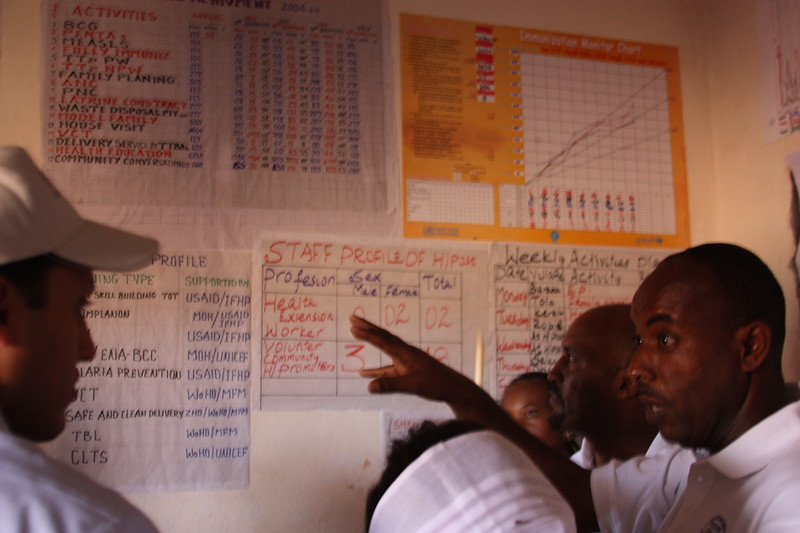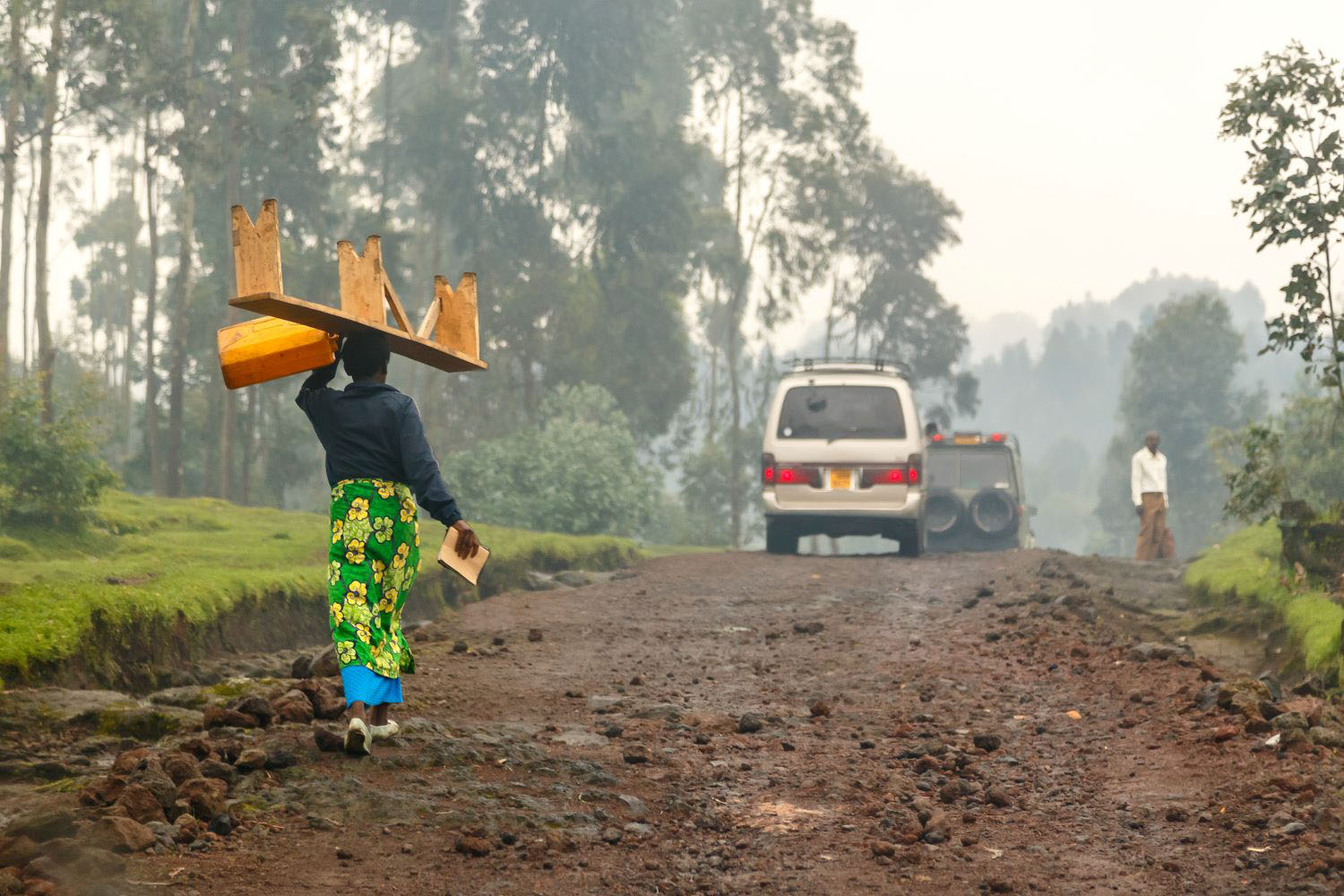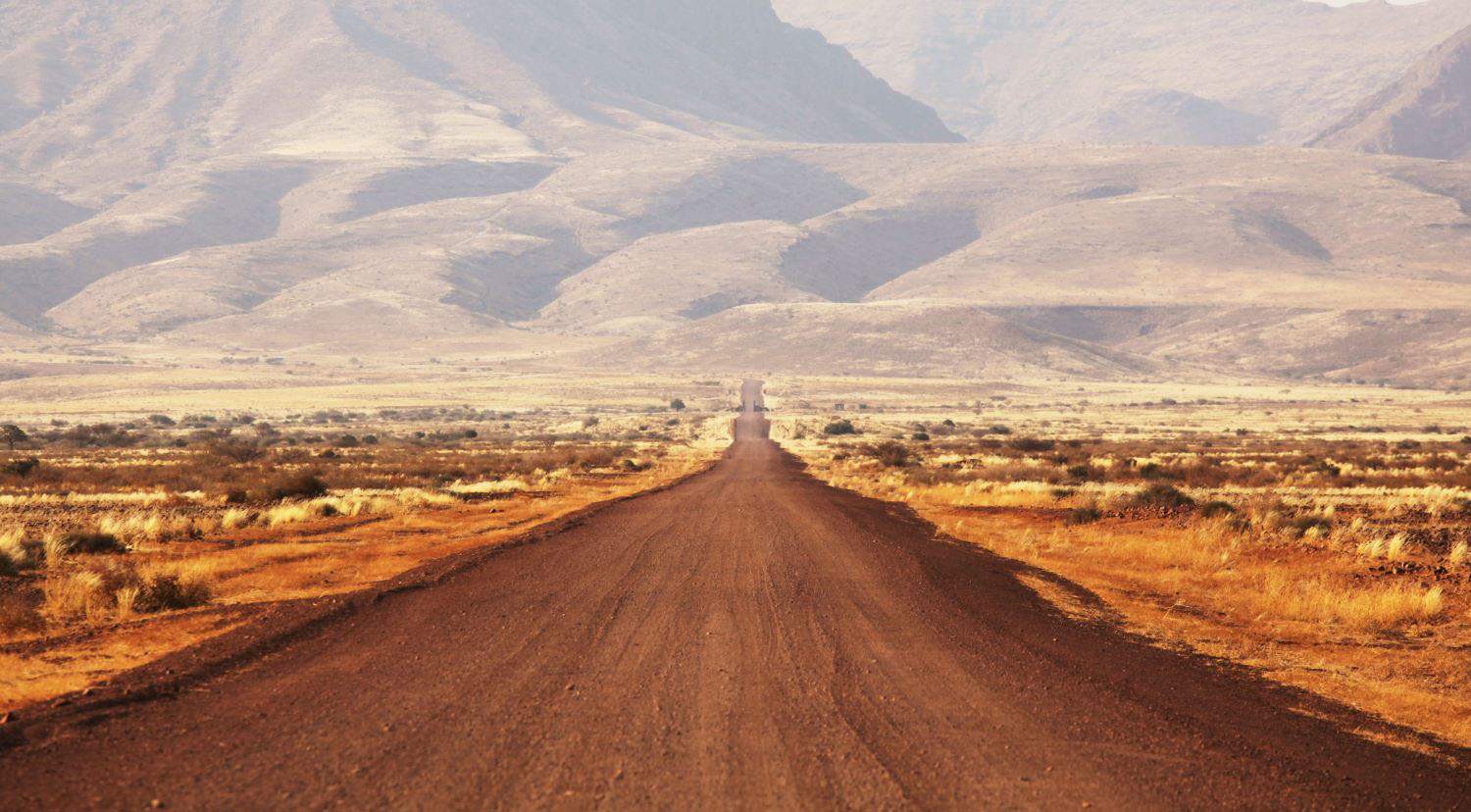President Obama is wheels up for Africa Wednesday. The White House and US development agencies have been unusually quiet prior to departure, but some things are sure to be on the agenda: economic growth, trade, investment, democracy, youth, food security, and health. Obama is widely expected to announce a new power initiative. But Nelson Mandela’s failing health could dramatically shift the trip's tone and focus.
More on Obama's trip:
- Six high-impact ideas for the US in Africa
- Africa as a business partner: Wonkcast with Todd Moss and Scott Morris
Assuming the itinerary goes as planned, Obama’s first stop will be Senegal, followed by South Africa and Tanzania. Based on his administration’s global development policy work to date, we can expect three themes:
- Economic growth, trade and investment. Obama’s economic strategy for Africa is not supposed to be about how much aid, but how to attract trade and investment, said Michael Froman (then White House Deputy National Security Advisor) in a CGD speech last fall. I expect we’ll hear more about the administration’s efforts to link private sector investments with African development priorities and how African economic growth increases demand for US exports, creates jobs at home and opportunities abroad.
- Democracy gains, youth and women’s empowerment. Obama is sure to highlight democratic gains in Africa (as former CGDer and Obama administration official Steve Radelet explains in Emerging Africa). He might mention the 2012 Senegalese election that averted incumbent president Abdoulaye Wade’s attempt to win an unconstitutional third term. Obama’s Africa strategy is also big on youth (much to Todd Moss’s chagrin) and women’s empowerment. I suspect we’ll see activities highlighting both and that First Lady Michelle Obama will play a role here, too.
- The initiatives: food security, global health and
climatepower. Obama will highlight two of his administration’s three global development priorities: food security and global health. Senegal and Tanzania are both Feed the Future countries, and Tanzania is also part of the New Alliance for Food Security and Nutrition, launched at the 2012 G8 summit to secure private investment in agriculture in return for policy and regulatory reforms on the part of the Tanzanian government. And we’ll hear about US global health investments that remain the bulk of US foreign aid spending in Africa and are building on President Bush’s emergency plan for AIDS relief (PEPFAR) but suffer from US interagency disfunction. Obama is set to give a major climate speech in the United States tomorrow, but I’m not sure we’ll hear much of it during his Africa trip unless it is linked to a new power initiative.
Presidential trips usually come with announcements of new programs, new money or both (Todd Moss suggests six so-called deliverables). Most bets are on Obama announcing a new power initiative in Tanzania. Tanzania is home to just about every US development program in the book but most notably is a Partnership for Growth country which means it should put Obama’s global development policy into practice. A power initiative would hit most of the policy’s criteria:
✓Economic growth focus.
✓Beyond aid: links to trade and investment.
✓Leverage private sector investment .
✓Build capacity in a partner country’s public sectors.
✓Game-changing innovation, if it includes a solar power component.
It doesn’t hurt that the US Millennium Challenge Corporation is already working with the government of Tanzania to invest $200 million to boost electricity service (including using solar photovoltaic systems), and that two US companies—Symbion and Pike—are working with the MCC and expanding their own private sector investments in the region (all of which former Secretary of State Hillary Rodham Clinton and MCC CEO Daniel Yohannes applauded when they visited the Ubungo power plant two years ago, and Froman also praised in his CGD speech). Tanzania (and South Africa) are also part of the Open Government Partnership’s steering committee, an effort launched at the UN in September 2011—with leadership from Obama—to make governments more open and accountable to their citizens. If there is a new power initiative, it would be ideal to link it to transparency commitments from Tanzania and the United States.
While presidential trip announcements can draw global attention to important issues and policy responses, they run the risk of being photo ops that may or may not amount to much afterwards. The administration should signal how its executive branch officials will make sure any new announcements become something real, including working in partnership with Congress. One need look no further than the so-far failed food aid reforms to remember that a lot of people need to be brought along to make good policy ideas practice.
So far, executive branch agency officials have been tight-lipped about Obama’s trip. Froman (now US Trade Representative) and Treasury Secretary Jack Lew are set to speak at the US Global Leadership Campaign’s conference tomorrow and may say more. Should Nelson Mandela’s health continue to decline, however, President Obama’s trip could end up being less about a specific power initiative in Africa and more about Mandela’s moral and political power.
Disclaimer
CGD blog posts reflect the views of the authors, drawing on prior research and experience in their areas of expertise. CGD is a nonpartisan, independent organization and does not take institutional positions.





